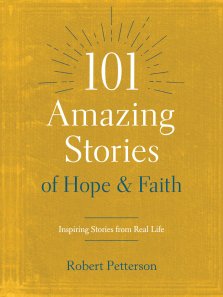Thank God this isn’t another “how-to” book! In beautiful, music-inspired prose, Catherine Fransson invites her readers into her thoughts of life with a father who was distant at first and all-consuming later on. “His presence has been an absence to me all my life,” she writes. What sets Loving the Enemy apart from the hundreds of books that prescribe as well as those that simply narrate autobiographies is Fransson’s keen ear. As she sets out “to write words to the music in my heart,” her ear is attuned to the music and silences of God. How refreshing in this time of ungodly cacophony! And how lovely that she begins with the grandeur of Gerard Manley Hopkins!
Reading Loving the Enemy feels like meeting for coffee many times over the years with a good friend who speaks of concerns she knows her friend shares. Her friend could be any of us since we are all quite likely to be caregivers or to need end-of-life care ourselves, the kind of care that can feel like a battle: The formerly capable one, whose fight is with death, must lose while the caregiver must labor to the point of exhaustion or longer. Fransson’s loving persistence shines through this process when her stoic, laconic father finally—at age 100—expresses his love for her, in words!
For me, this book is especially resonant because I, too, studied piano and organ for the first part of my life, played church services, accompanied singers, and later became a writer who also explores the many ways to write music and rests into words. Music is a kind of knowing. Fransson writes that music is one of God’s voices and silence is another one. It’s the meanings she finds in silences that speak most strongly to me, too.
This book reminds me of a favorite composition that I had the privilege of singing with Catherine Fransson in the Seattle First Baptist choir: Johannes Brahms’ A German Requiem. I’m thinking in particular of Brahms’ settings of the word aber (but) as hinges or gateways from the world of toil to eternal rest and from sorrow to joy. That very stubborn word of protest in this first Protestant Requiem combined with Brahms’ persistent onward-moving rhythms and tender melodies are all so like Fransson’s expressions of struggles to be free from old expectations to form a new and loving relationship of peace.
Trustpilot









